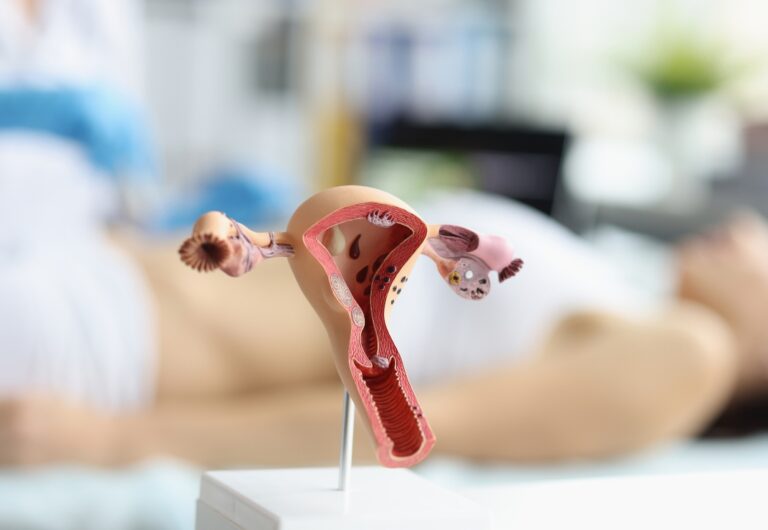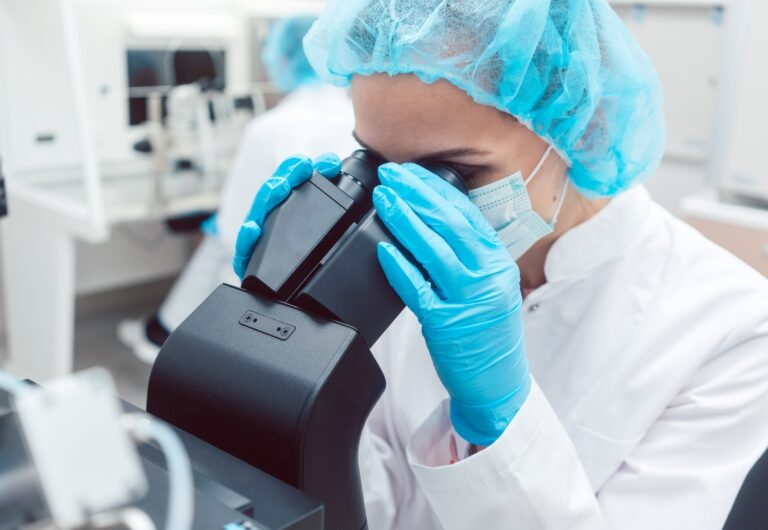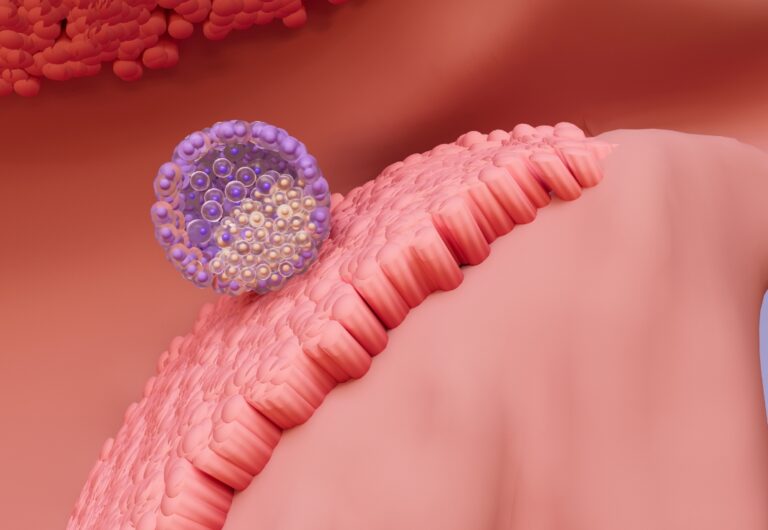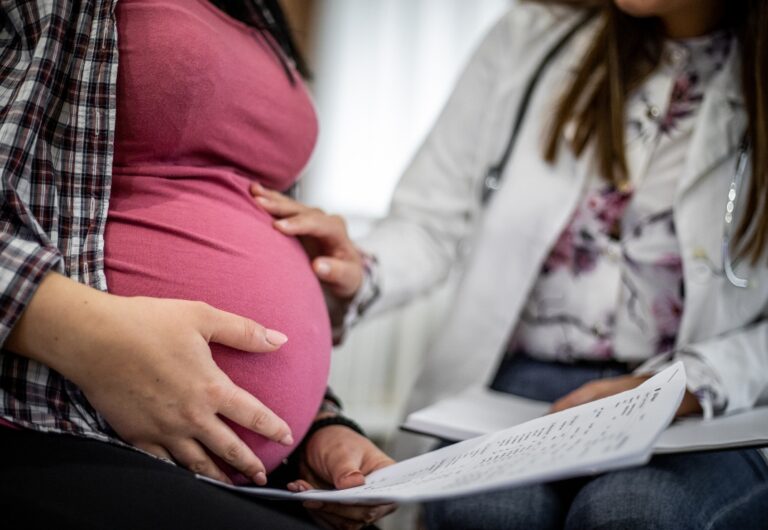Why Does Fertility Decline with Age?
Normal, age-related changes occur in the ovaries as women get older. A woman is born with approximately one million egg-containing follicles in her ovaries. When she reaches puberty that number drops to about 300,000, of those follicles only about 300 will actually be ovulated throughout her reproductive years. Most of the follicles are not actually ovulated, but are lost through a degenerative process called atresia.
As you have probably heard, a woman’s best chance of conceiving is during her 20s. A gradual decline in fertility begins when a woman reaches her 30s, particularly after age 35. A healthy, fertile 30-year-old woman has a 20% chance of getting pregnant each month. By the time a woman is 40 years old, her chance of conceiving is less than 5% per cycle. Most women are unable to have a successful pregnancy by the time they reach their mid-40s. These percentages apply to both natural conception and conception that occurs by using fertility treatment. The loss of fertility occurs due to a decline in both egg quality and quantity.

Egg Quality
Too many or too few chromosomes in the egg—aneuploidy—is a concern as women age. When a normal egg is fertilized it has 23 chromosomes, a sperm that also has 23 chromosomes fertilizes it. The embryo that results has the normal total of 46 chromosomes. However, more and more of a woman’s eggs have either too few or too many chromosomes as she gets older. If fertilization occurs, the embryo will also have too few or too many chromosomes; most embryos like this do not result in pregnancy or result in miscarriage.

Egg Quantity
“Loss of ovarian reserve” refers to the decrease of egg-containing follicles that occurs as a woman ages. This loss begins before women become infertile and prior to when they cease having regular periods. The follicles become less sensitive to FSH (follicle stimulating hormone) stimulation as ovarian reserve declines, which means it becomes harder for an egg to mature and ovulate.

Treating Age-Related Fertility Issues
There are a number of options we may suggest as part of your treatment plan. We will walk you through each one and determine together which is best for you.
They include:

Although it is harder to become pregnant as you age, especially for first-time mothers, it is still possible. Our goal is to identify the fertility issues you are facing and provide a personalized treatment plan that will maximize your chances of conceiving and delivering a healthy baby.

Let’s Take the Next Step Together
Our skilled fertility specialists are here to help. Contact us today and let’s discuss the next phase of your fertility journey.
